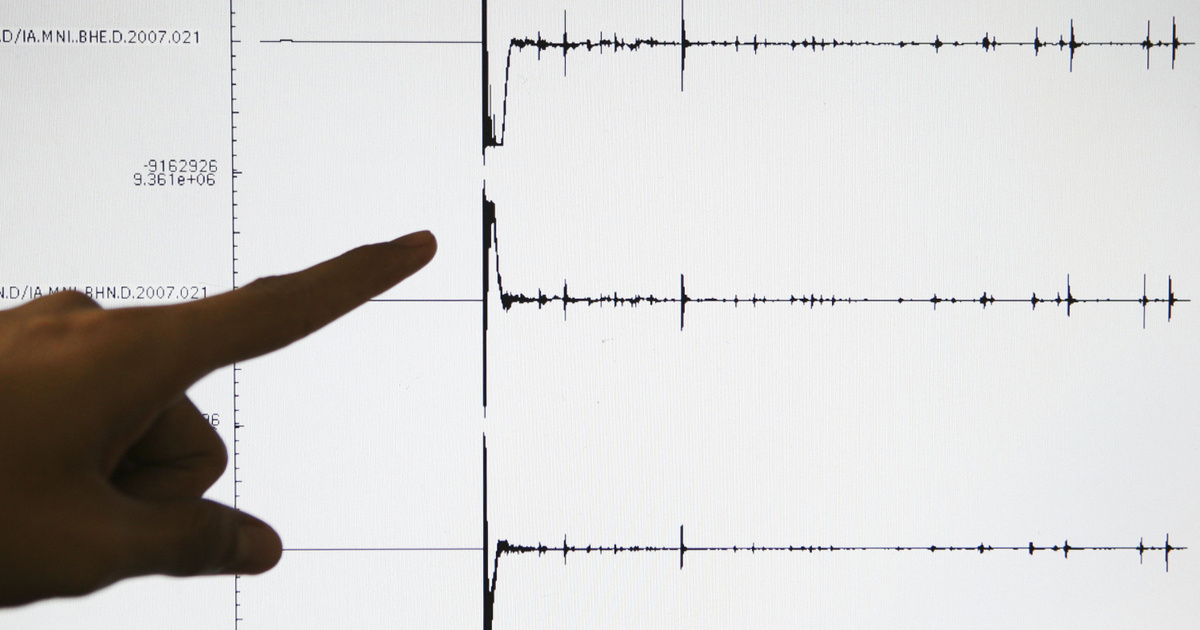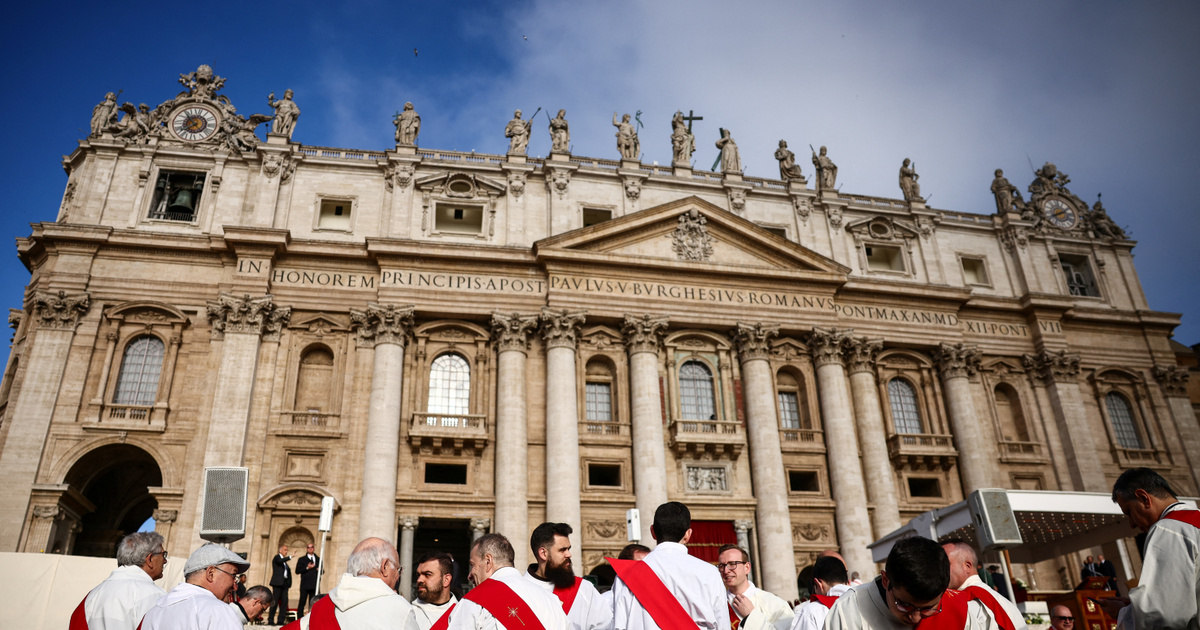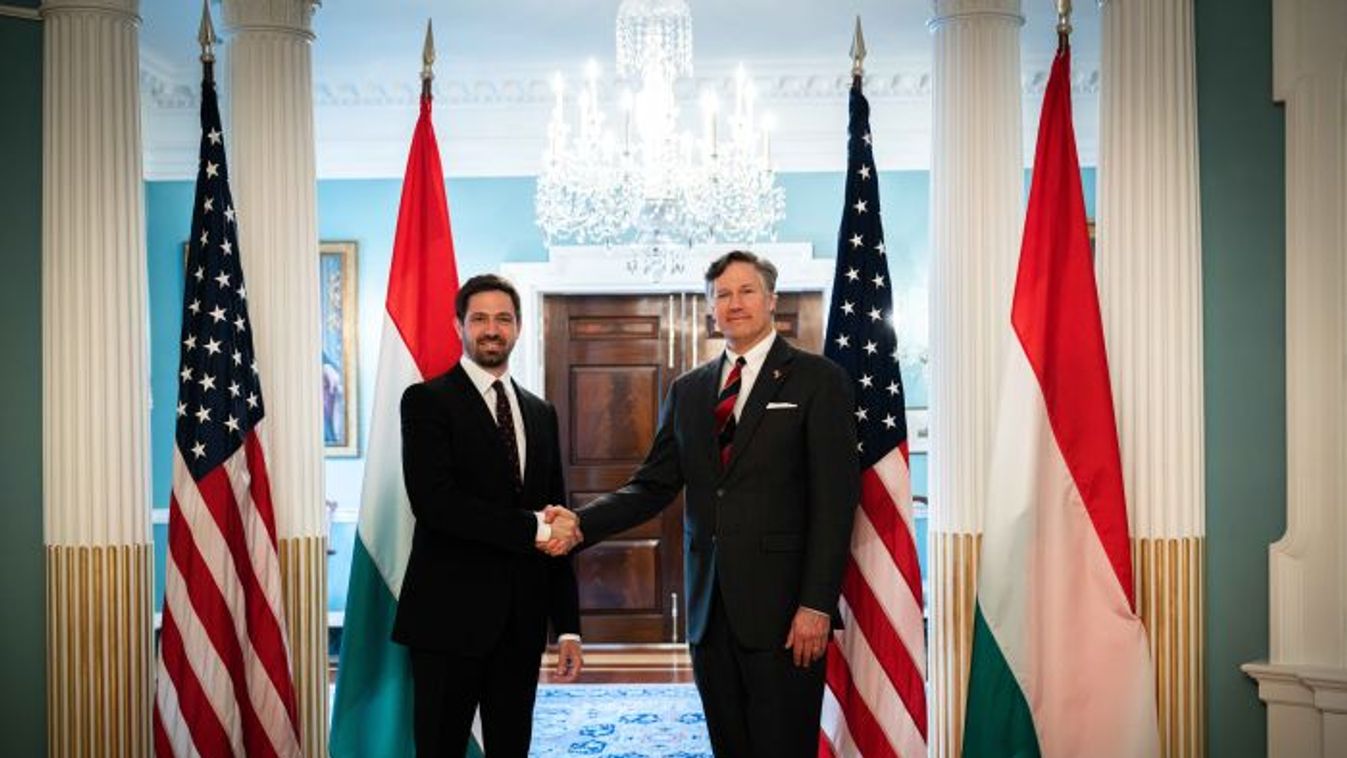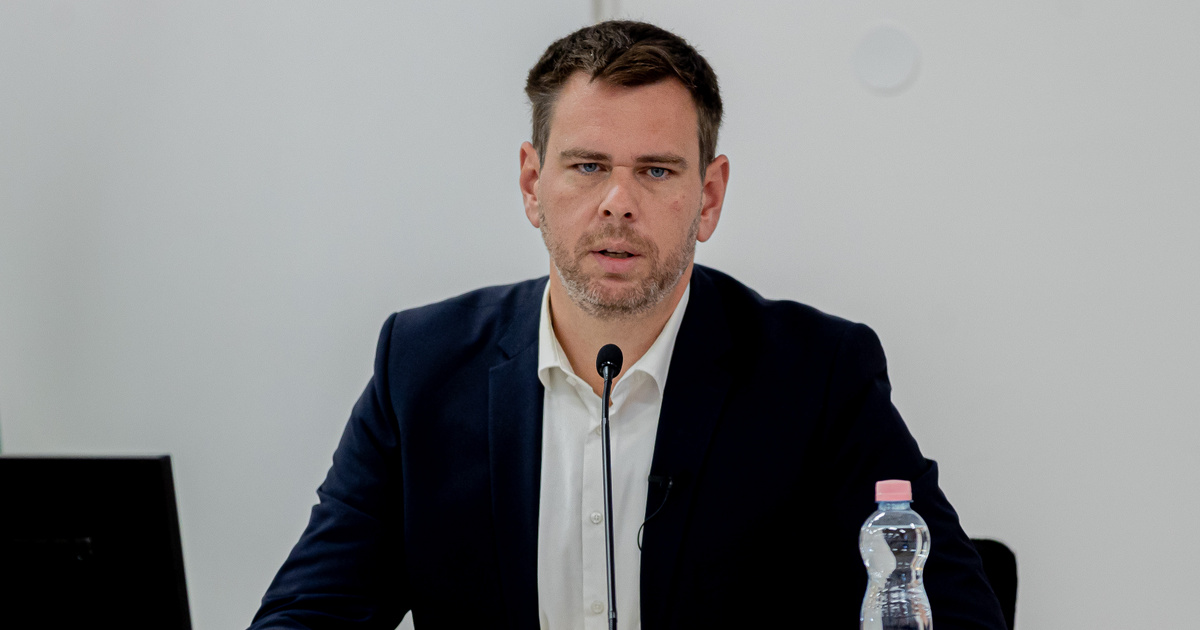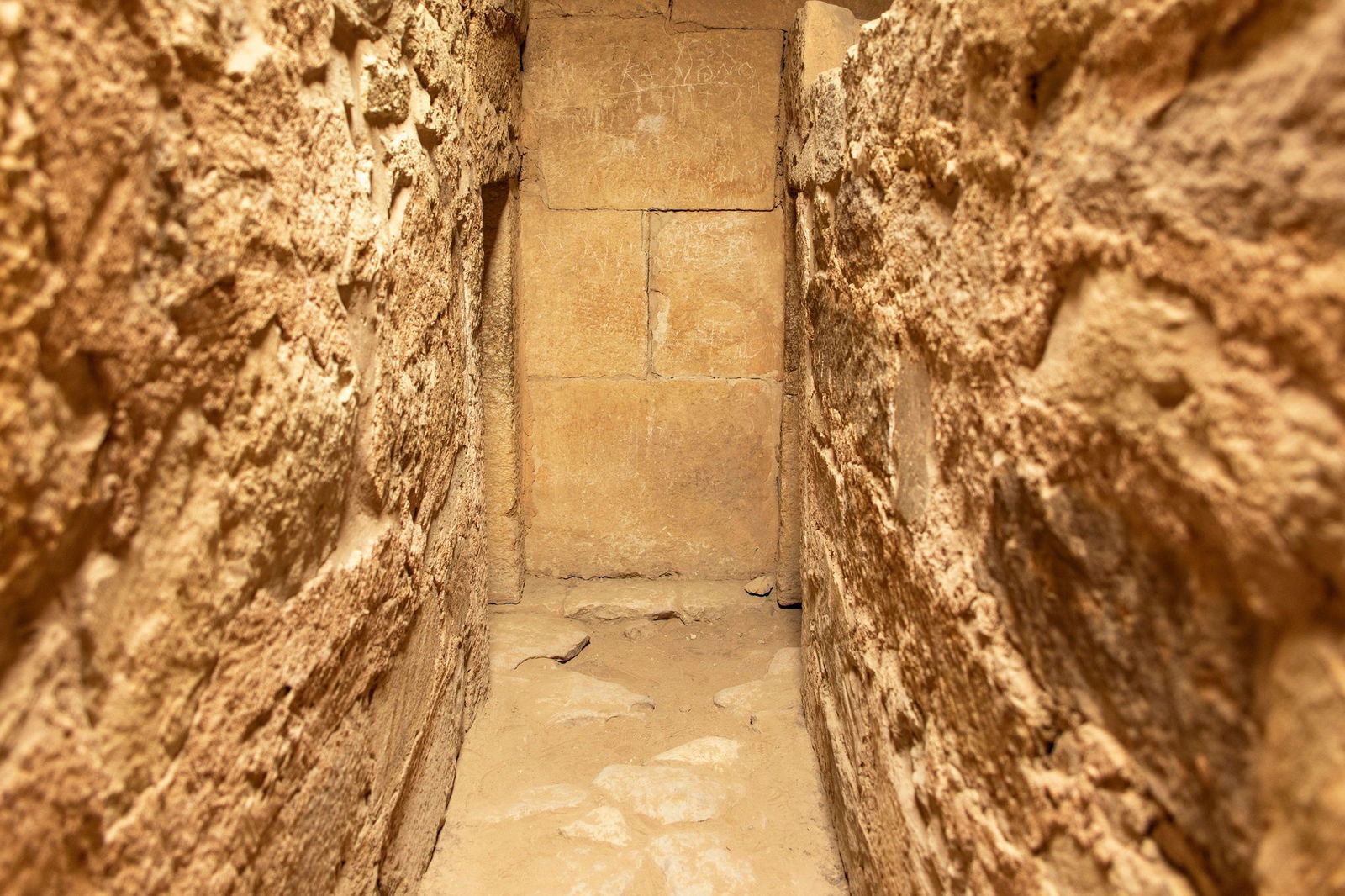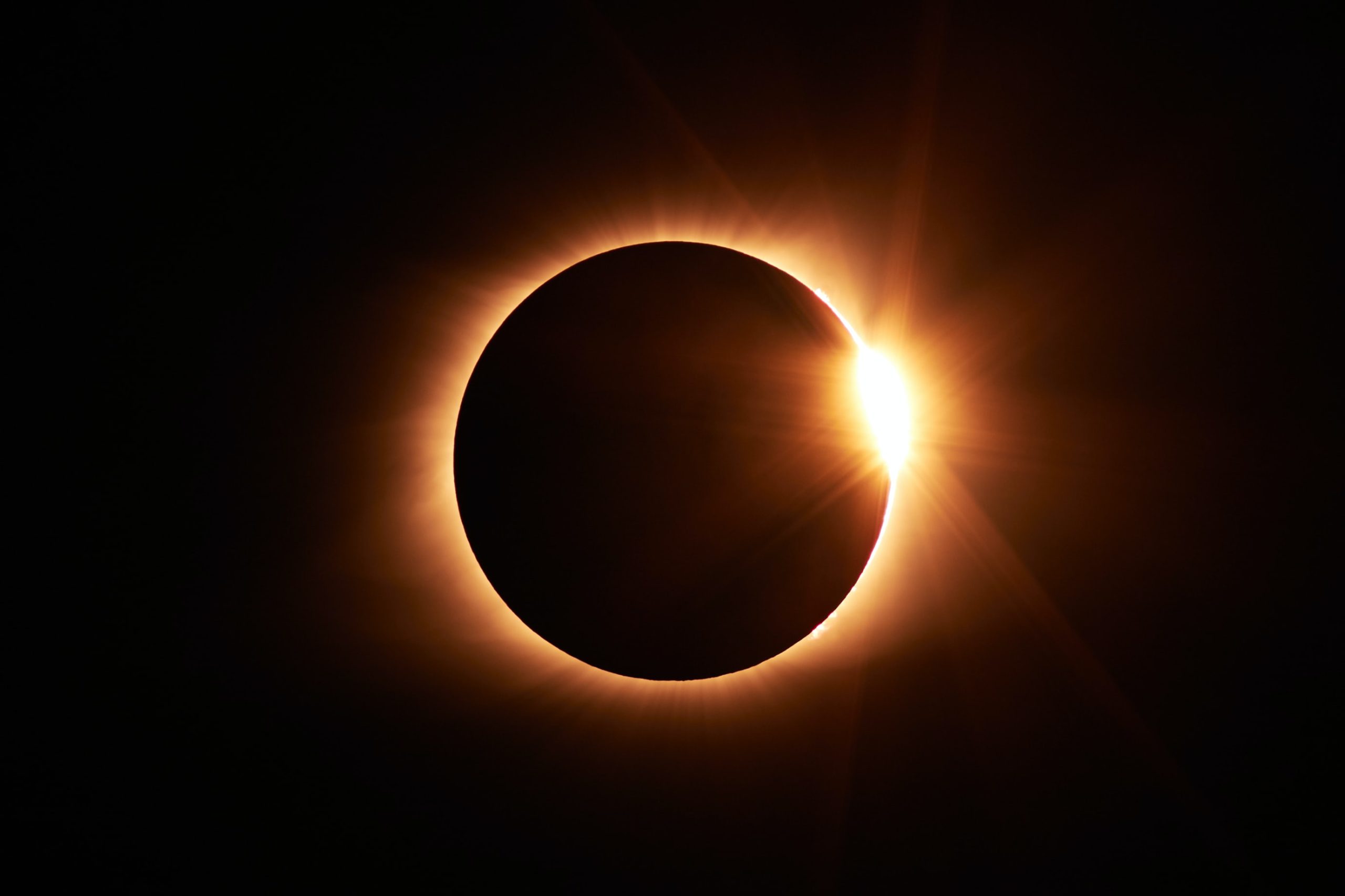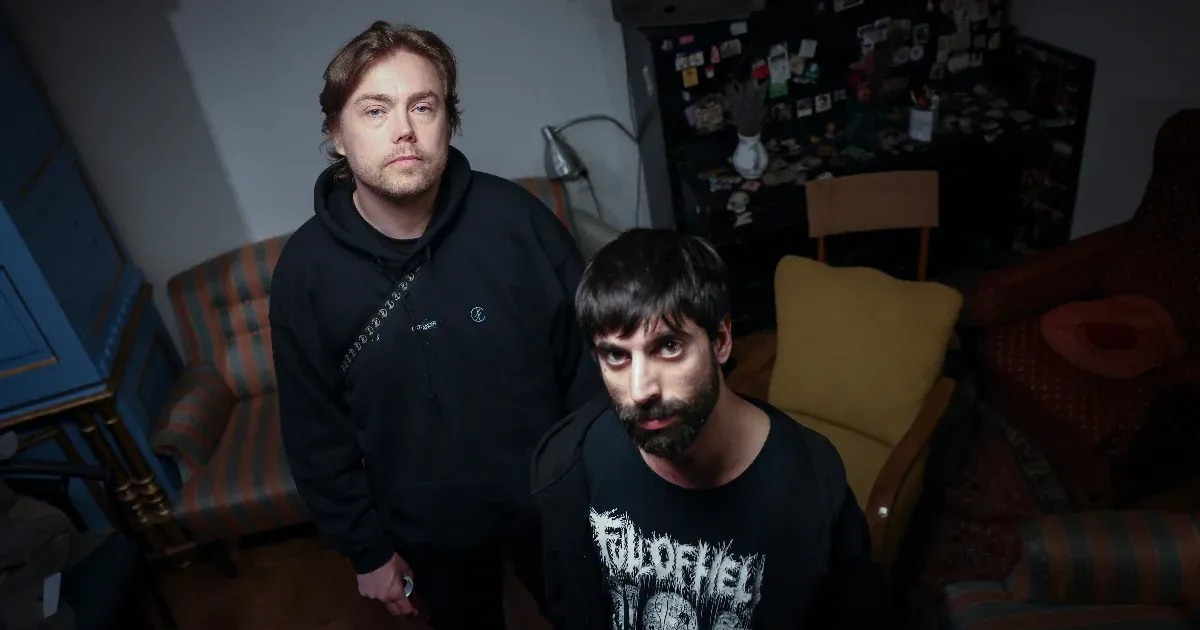The MTA website can be found at NewsThe scientific academies of the 27 EU member states have issued a joint statement warning decision-makers ahead of the European Parliament elections: Europe's future depends on sound, open and free science and education. Science has a key role in the future of the European Union.
According to the declaration, science, innovation, the flow of knowledge and the free sharing of research results and ideas, as well as critical thinking, are fundamental to the freedom, flexibility and global competitiveness of the entire EU. In order to promote and support the above, stable and higher than current investments in research and education across Europe are essential, and decision-makers must protect freedom of research.
Message from the heads of scientific academies operating in EU member states to the candidates for the 2024 European Parliament elections:
Let's ensure the EU's global leadership in science and innovation!
European science works at the forefront of global research and innovation. Throughout the European Union, researchers are involved in research and development related to fundamental, practical and social problems. Science and innovation are essential for freedom, resilience, global competitiveness, development and prosperity in the European Union. This cannot be taken for granted. It is important to maintain the open nature of scientific research based on international cooperation. Investing in the full range of science and scientific work is essential, and it is essential to ensure that scientific findings are integrated into policies designed to address the key challenges faced by democratic societies.
Let us help promote the openness and freedom of the scientific world!
International cooperation and the free flow of knowledge, researchers and students are the fundamental values of the European Union, and the exchange of discoveries and ideas is one of the most important basic requirements for scientific and technological development. Open international scientific cooperation is important – in addition to university research circles – also from the point of view of international relations. Decision makers must refrain from putting obstacles in the way. They must protect the principles of academic freedom, academic institutional independence, and the free international movement of people and information, while ensuring safe and sustainable working conditions for researchers and students at all times.
Let's invest in science and education!
Science and research are essential not only for economies and prosperity, but also for independent critical thinking and reflection, and these are the core values of colorful and resilient democracies. Ensuring Europe's global leadership in science and innovation requires continued investment in research, innovation and education. In order to keep pace with the rest of the world, the EU and its member states must meet the mutually agreed goal of investing three percent of GDP annually in research and development. In addition, with the decisive contribution of the European Parliament, the EU Research and Innovation Framework Programme, as well as the highest levels of quality in European education, must be strengthened.
Let's use scientific findings in policy!
Through the EU Research Framework Program and the European Research Area, the European Parliament also has a major responsibility to advance the cause of science and innovation in the EU. We call on Member States and EU institutions to take scientific findings into account and use them carefully when developing policies. The challenges we face – including but not limited to: climate change, biodiversity loss, international migration, food security and the energy transition – are complex and urgent problems that cannot be effectively addressed by research, science and policy, without credible civil society dialogue. and economic actors.
Signatories: Austrian Academy of Sciences, Royal Flemish Academy of Sciences and Arts of Belgium, Royal Belgian Academy of Sciences, Letters and Fine Arts, Bulgarian Academy of Sciences, Croatian Academy of Sciences and Arts, Cyprus Academy of Sciences, Letters and Arts, Czech Academy of Sciences, Royal Danish Academy of Sciences and Arts, Estonian Academy of Sciences , Finnish Academy of Sciences and Letters, French Academy of Sciences, German Leopoldina, Academy of Natural Sciences, Academy of Athens, Hungarian Academy of Sciences, Royal Irish Academy, Accademia dei Lincei, Latvian Academy of Sciences, Lithuanian Academy of Sciences, Department of Natural Sciences of the Grand Ducal Institute of Luxembourg, University of Malta, Royal Dutch Academy of Arts and Sciences, Polish Academy of Sciences, Lisbon Academy of Sciences, Romanian Academy, Slovak Academy of Sciences, Slovenian Academy of Arts and Sciences, Royal Spanish Academy of Physics and Natural Sciences, Royal Swedish Academy of Sciences.
vice president
The Hungarian Academy of Sciences building is illuminated at night (Photo: Wikipedia)






